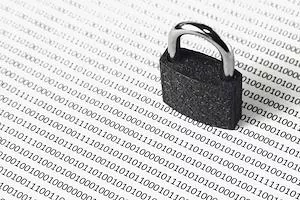Hacking evidence and criminal implications
Federal Court of Appeals of Rosario, Section B case file n° FRO 19631/2017/2/CA1, “Appeal proceedings in file V.C., E. on freedom of press”, issued on September 29, 2017.

Section B of the Federal Court of Appeals of the district of Rosario issued a ruling in a case of an unauthorized access to a secure server.
Employees of a regional newspaper reported a series of unauthorized accesses to the paper´s servers, identifying the IP addresses used for the purposes of the intrusion. In reporting the incident, the complainants explained that the attack included the publication of threats to public officials on the paper´s website and the introduction of malicious software, causing the site to collapse for two days.
During the course of the proceedings, the acting court received reports produced in criminal investigations pending before courts of other jurisdictions. These reports linked the IP addresses used in the hacking of the paper´s servers to a notorious hacker, under investigation for other attacks.
In this context, the court indicted the defendant, on the understanding that said reports served as evidence of his participation in unauthorized access to the newspaper´s servers.
The defense challenged the indictment, on the grounds that by relying on evidence produced in other investigations resulted in a violation of the right to monitor evidentiary proceedings. In addition, the defense argued that the fact that the same IP address was used in multiple attacks, does not prove that the same user was behind all of the intrusions.
The Court of Appeals upheld the ruling, declaring the admissibility of reports produced in other investigations. Moreover, the Court deemed these reports as sufficient evidence of the defendant´s participation in the attacks under investigation.
Besides evidentiary considerations, the Court of Appeals also issued important guidelines on the substantive implications of a hacking incident. In this sense, the Court clarified that for the purposes of the crime of unauthorized access to a secure server (Criminal Code, Section 153 bis.), the offense is consummated with the intrusion, with no need to demonstrate any further harm. In addition, insofar as the attacks caused the paper´s website to crash, the Court also considered that the acts amount to a criminal obstruction of free press (Criminal Code, Section 161).
This insight is a brief comment on legal news in Argentina; it does not purport to be an exhaustive analysis or to provide legal advice.